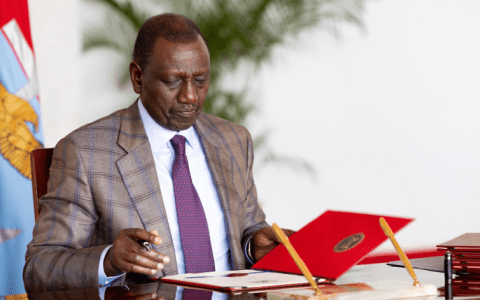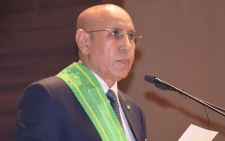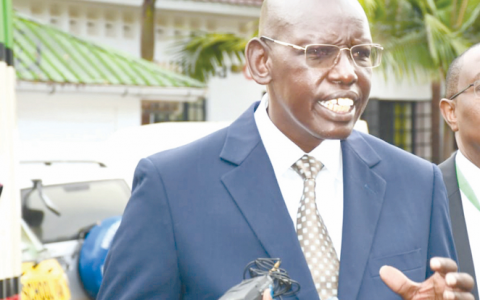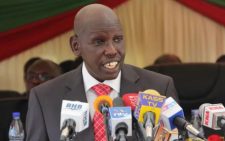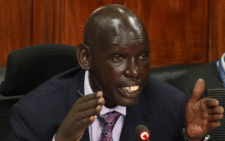MPs raise concerns over implementation of school feeding program
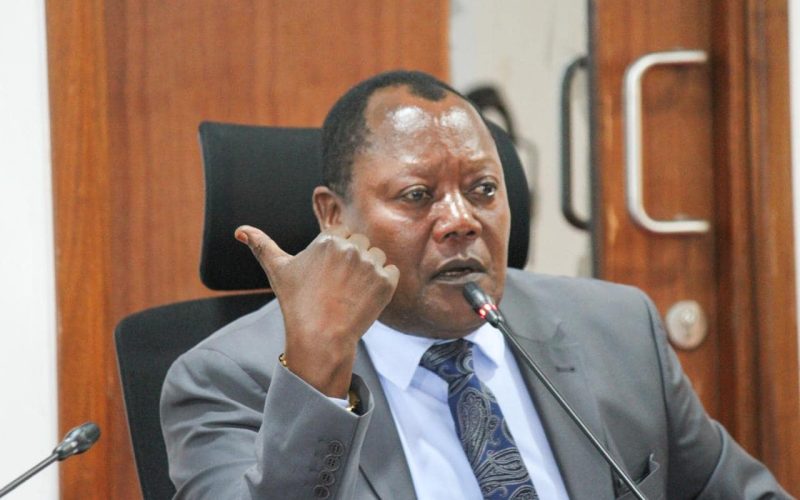
Members of Parliament (MPs) have raised concerns over the implementation of the school feeding program.
The National Assembly's Committee on Implementation on Tuesday, June 11, 2024, sought to know why a House Resolution approved on November 2, 2022, was yet to be fully implemented.
Kipsang put to task
The lawmakers raised concerns when they met the Ministry of Education officials led by the Principal Secretary of Basic Education Belio Kipsang, who in his submission, attributed the implementation challenges to inadequate budgetary funding.
According to Kipsang, the government has plans to only attain universal feeding in schools across the country by 2030.
"In the school feeding, we received Ksh1.96 billion in the 2022/ 2023 Financial Year. We also received Ksh5.4 billion in the 2023 /2024 Financial Year. However, in the Financial Year 2024/2025, the budget has been reduced to Ksh3.0 billion," Kipsang told the parliamentary committee.
Feeding program challenges
Kipsang, while defending the ministry's position, said the feeding program has since expanded gradually to cover a total of 2.6 million learners in 8,185 schools across the country as of 2024, posing implementation challenges.
Kipsang, however, assured the MPs that despite the current challenges, as a member of the Global School Meals Coalition, Kenya was committed to achieving universal school feeding by 2030, by increasing the current coverage from 2.6 million to 10 million learners.
To achieve this, the PS said the government is planning to push 2.5 per cent of the country’s revenue towards the program.
Taxing imported junk food
He also revealed the education ministry's plan to strike a deal with the Kenya Revenue Authority (KRA) to impose a levy on imported junk food to be ringfenced to cover the national feeding program.
The committee led by Budalangi MP Raphael Wanjala, however, pressed the PS to explain why that could not come earlier.
“PS, you are well aware that food is a human right. Our expectation was that you would update us on what measures you have put in place to roll out the school feeding program not only in arid and semi-arid areas but across the country,” Wanjala said.
Kipsang told the committee that the Education Ministry was in the process of finalizing a policy for further consideration by the National Assembly, which would guide how the program runs and properly anchor the National Council for Nomadic Education in Kenya (NACONEK) in law.
Kakamega Woman Representative Elsie Muhanda has sponsored a motion seeking to have the Ministry of Education develop a school feeding policy to cover basic education for pupils and sustain the programme in order to ensure that children are maintained in schools for effective learning. 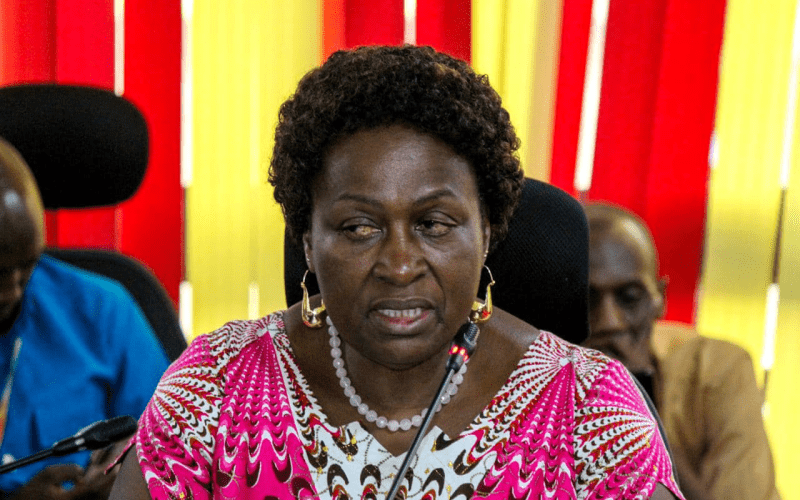
She thanked the lawmakers for following up on the implementation of the resolution but expressed dissatisfaction that it was yet to be fully implemented.
The Wanjala-led committee directed that the PS appears again in two weeks’ time with a report on the matter to enable the Committee to make a determination on the program’s status of implementation.
For these and more credible stories, join our revamped Telegram and WhatsApp channels.
Telegram: https://t.me/peopledailydigital
WhatsApp: https://whatsapp.com/channel/0029Va698juDOQIToHyu1p
